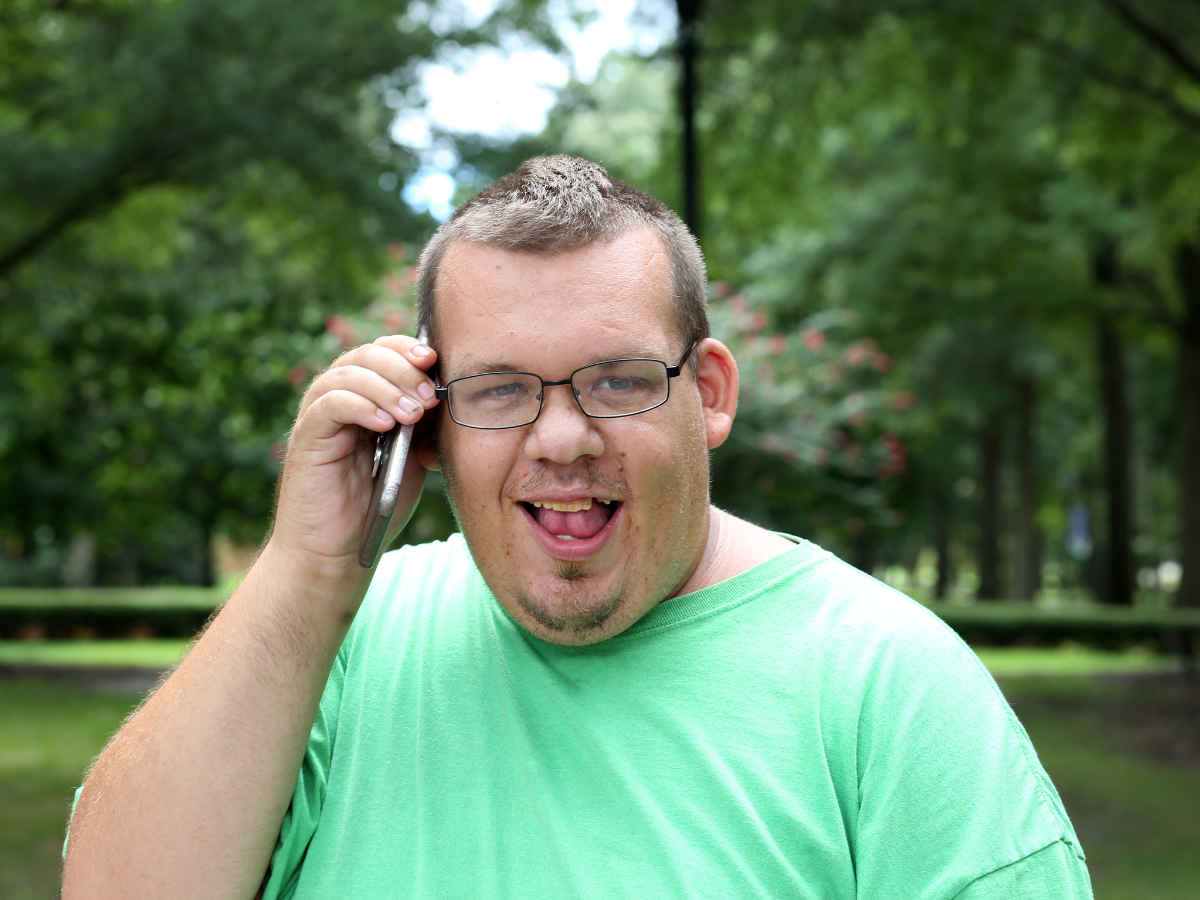Independent living skills describe a wide range of skills that people use to care for themselves on a day-to-day basis. Also referred to as “life skills” or “daily living skills,” these are the building blocks of independence and self-actualization.
When you think about all of the things a person needs to do, from managing finances to planning meals, it’s clear that these skills extend to all areas of life. So, what are some of the core independent living skills that someone needs to have? We’ll go over five of these important skills so you can understand what they mean and why they’re so important.
The Value of Developing Life Skills
Daily living skills are the key to independence for autistic adults. One 2024 study on autistic adults found that developing skills in self-care, effective communication, and decision-making was crucial for achieving self-actualization.
These skills aren’t only about being able to support oneself—they are the foundation of community engagement, positive self-esteem, and overall health and well-being.
That doesn’t mean these skills need to be performed without support. We all need a hand when it comes to living a healthy, productive, active life. There are many programs, services, and accessibility modifications that can help adults with autism lean into their strengths while receiving the support they need to foster independence.
5 Independent Living Skills for Young Adults with Autism
There are many essential skill sets for leading a happy, healthy, fulfilling life. Here’s a basic independent living skills checklist you can use to expand your understanding of daily living skills and how they can fit into your future.
This is not an exhaustive list, but it’s a good place to start!
1. Personal Care
Self-care skills cover all of the daily hygiene tasks necessary to maintain a person's health and cleanliness. This includes brushing one’s teeth, shaving, showering or bathing, getting dressed, and other essential grooming tasks.
Personal care not only helps keep us healthy, but it also promotes positive self-esteem, a good quality of life, and—of course—independence. Developing these skills early lays the groundwork for sustainable personal routines and fosters a sense of self-reliance.
2. Money Management
Financial literacy is a crucial aspect of daily life. This might include opening a bank account, creating and maintaining a budget, and paying bills on time.
Young adults with autism are usually less financially independent than others their age, which can stand in the way of self-reliance and self-actualization. This guide has some valuable tips for young autistic adults learning how to manage their finances.
3. Home Management
This describes all of the tasks required to maintain one’s living space, from doing laundry and cleaning to planning and preparing meals. These are crucial for keeping one’s space safe, sanitary, and comfortable.
Meal planning and preparation can look different for everyone. Learning how to put together a nutritious, satisfying meal takes practice, but being able to feed yourself is a core aspect of independence and personal freedom.
4. Transportation
Being able to get around is key. That can mean driving, navigating public transportation, using rideshare services like Uber, or finding other ways to safely get from point A to B.
The ability to access and navigate transportation reduces feelings of isolation and helps individuals engage more fully with their community. It can help them get a job, meet up with friends, and participate in social programs.
5. Communication & Social Skills
Being able to communicate your wants, needs, and preferences is a pillar of independence and self-advocacy. It can help you create a person-centered plan (PCP), find employment, and even make new friends.
It’s natural for autistic people to struggle with communication in one way or another. Assistive technology, alternative communication methods, and lots of practice can help them gain the skills and confidence they need to express themselves.
Find More Resources for Autistic Adults at NeuroNav
Independent living skills for young adults with autism encompass a wide range of essential tasks, habits, and abilities that enable them to live life on their own terms.
There are many ways to practice, build, and develop these skills over time. What’s more, there are services and supports that can make these skills more accessible for people on the spectrum.
If you live in California, you may be eligible for the Self-Determination Program (SDP). SDP gives individuals with disabilities more freedom when it comes to paying for the supportive services they need, from caregivers and skills training programs to recreation activities and community engagement.
NeuroNav’s independent facilitation services can help you navigate the process so you can get the personalized care, supports, and services you need to live as independently as possible.
If you’re ready to take the next step towards self-actualization, schedule your free consultation today.

-1.png)


